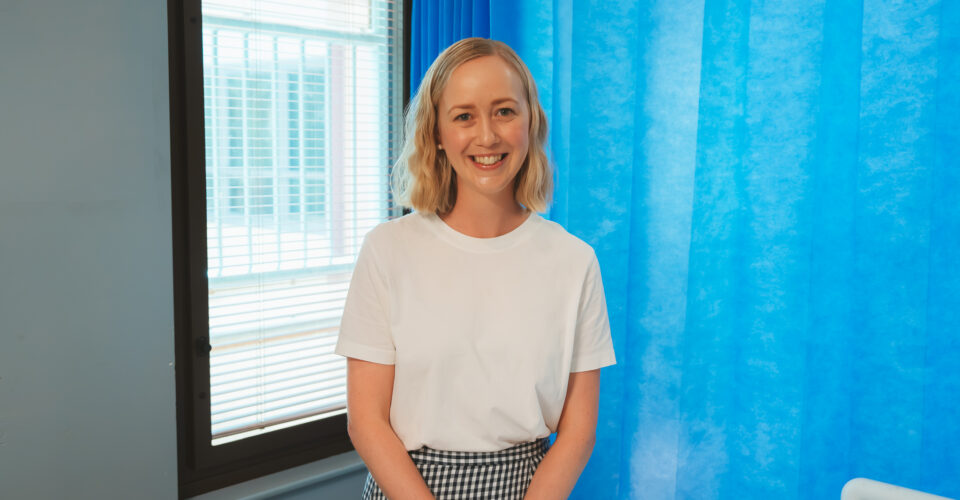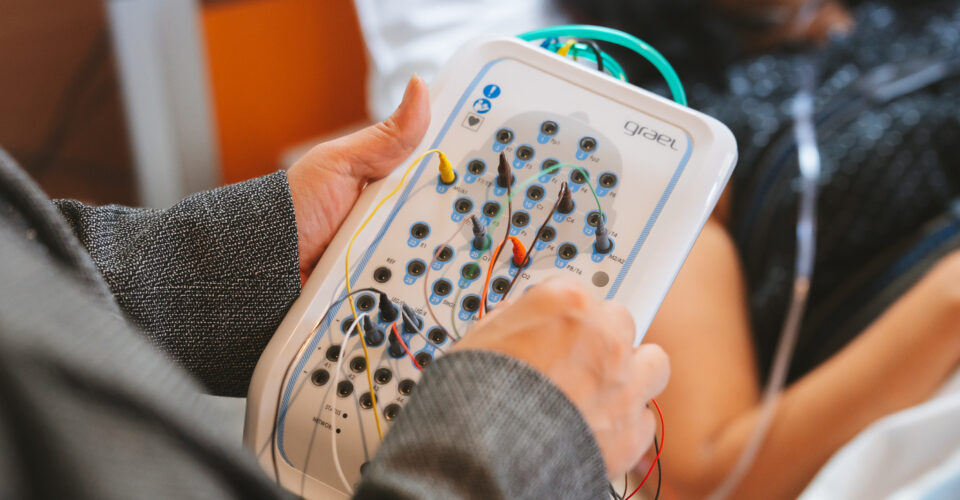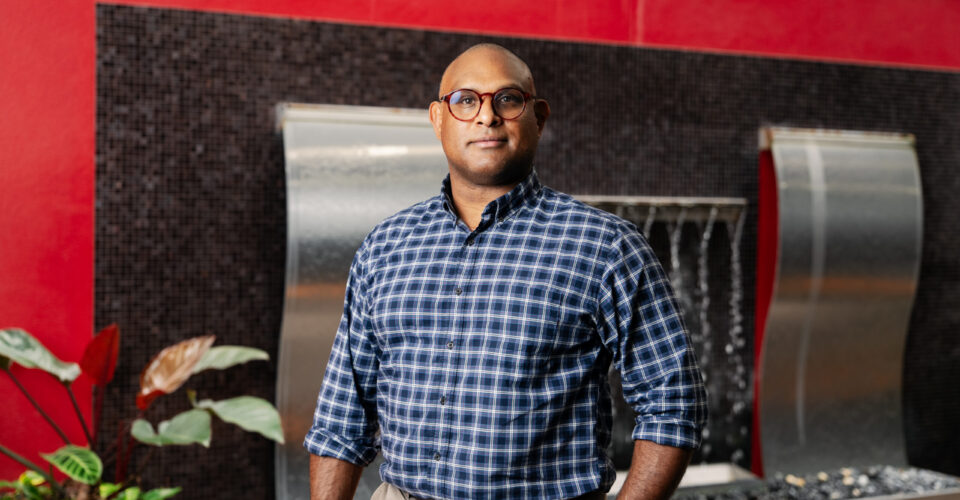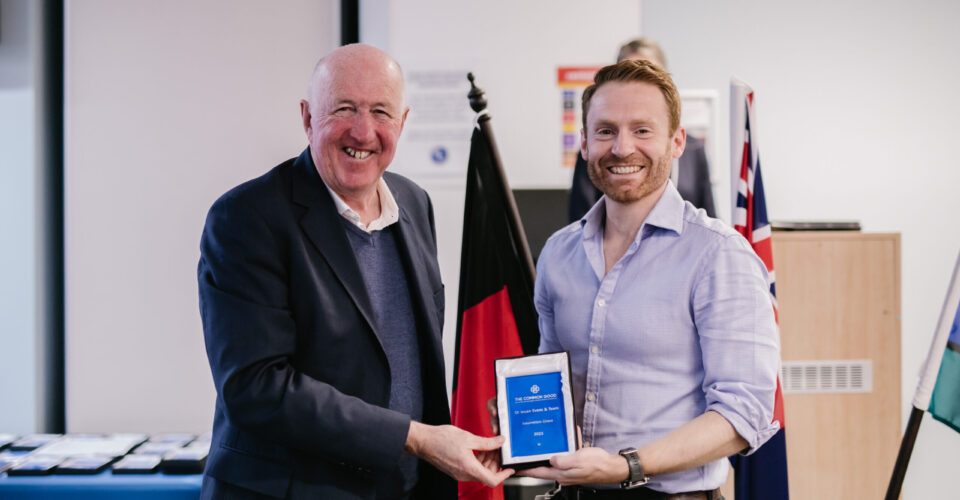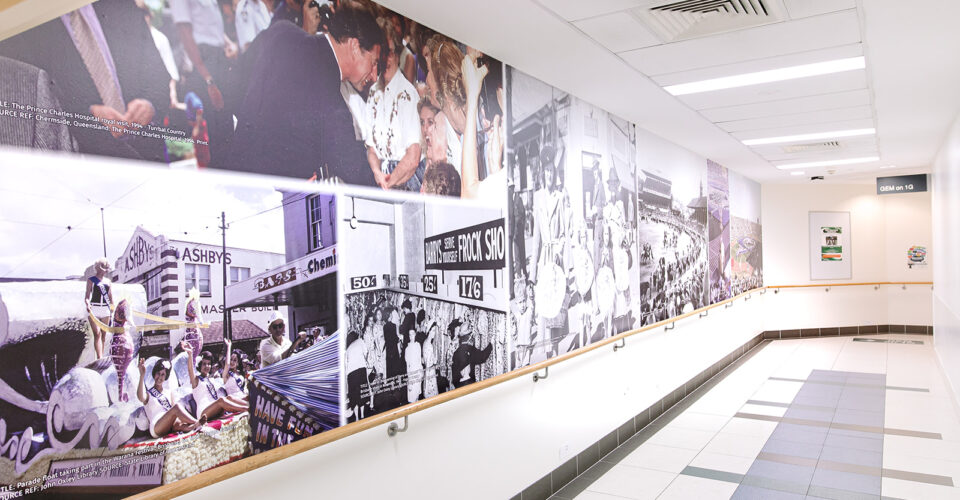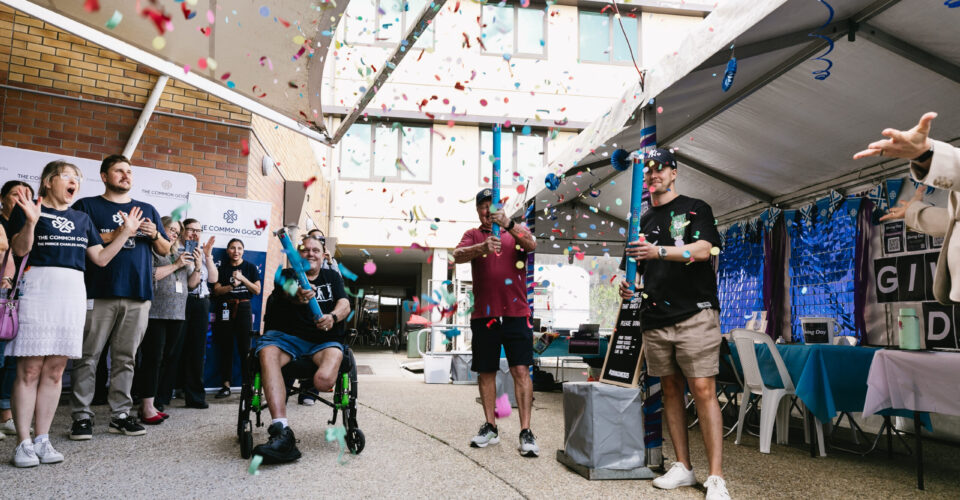Coeliac disease a condition of the small intestine, when the immune system acts abnormally to gluten; a product found in most store-bought foods. It’s estimated that 1 in 70 Australians are affected by coeliac disease, and while many go undiagnosed it can cause a range of uncomfortable symptoms. Diarrhoea, nausea, abdominal pain, fatigue and bone or joint pains are just a few of the common signs of this disease.
Aside from the physical pain, managing coeliac disease is an expensive task; gluten-free products are cleverly marketed and more expensive than their gluten-laden counterparts.
But there may be a new solution on the way for Coeliac sufferers. Dr John Croese believes that a certain type of hookworm may be able to positively affect the immune system to reduce the symptoms of coeliac disease. Dr Croese is now leading an innovative and exclusive study into this treatment; including 60 participants with coeliac disease, who will be administered up to 10 hookworms – through a patch on the back of their hand.
Through this study Dr Croese hopes to show the presence of this hookworm actually helps to reduce the symptoms of coeliac disease to the point where patients are able to eat gluten again. If these findings are conclusive this treatment could open up a new world of food and flavour as well as the reduction of embarrassing symptoms, physical pain and discomfort for coeliac sufferers worldwide!
Support The Common Good here

